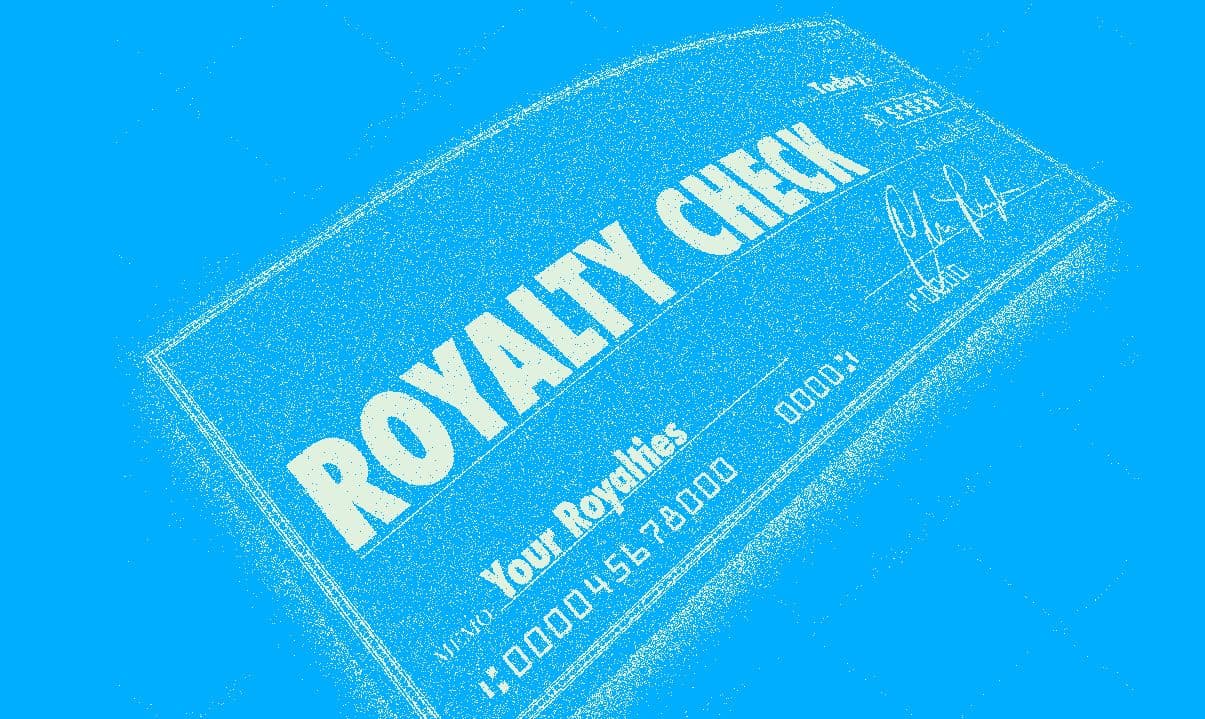Royalties are the hot NFT topic of the moment. Some marketplaces are making them optional—this would save users money, but deny creators income from secondary sales. The royalty debate is tricky and there are strong opinions on both sides; however, a model proposed by BAYC might just solve the problem.
What is the BAYC royalty model?
@GordonGoner
In a recent blog post, BAYC co-founder Wylie Aronow argued that “the NFT ecosystem would be a tiny fraction of what it is today if it weren’t for creator royalties.” He thinks the same about the leading marketplaces, which wouldn’t be anywhere near as successful if they hadn't backed royalties in the early days. That said, he doesn’t support a smart contract code that automatically applies royalties every time an NFT moves between wallets. That, he argues, undermines true “asset ownership," making wallet-to-wallet transfers difficult and hindering “over-the-counter” sales.
He proposes allow lists as the solution. These lists would only allow NFTs to be traded on marketplaces that support royalties while preserving peer-to-peer transactions. When an NFT transfer is initiated, a check would be performed to determine whether it’s a regular wallet (an externally owned account, or EOA) sending the request. Since marketplaces don’t use EOAs, that must be a private user either transferring between wallets or making an OTC deal. The transaction goes through with no further checks. If the request originated from a smart contract (a marketplace) it’s checked against a list of “good actors” that support royalties. If the marketplace is on the list, the transfer goes through. If it isn’t, it’s stopped.
Royalties vs asset ownership
This model aims to preserve two apparently contradictory modes of NFT transfer. It would allow owners to transfer their assets free of charge between wallets; at the same time, the model ensures that NFTs can only be traded on marketplaces that support creator royalties. Aronow suggests that allow lists are better than deny lists, which would spark an ongoing game of “whack-a-mole” as new marketplaces try to beat the ban.
@beeple
If implemented correctly, creator royalties and provenance are preserved alongside full asset ownership. The model isn’t without its problems, of course, not least maintaining the allow list and ensuring proper governorship over time. Nonetheless, it’s received vocal support across social media, including from Beeple who described it as “a great path forward.” Work on a solution to the royalty debate remains, but one thing is certain: striking a balance between creator rights and asset ownership isn't straightforward. Any solution will require maintenance and vigilance.


